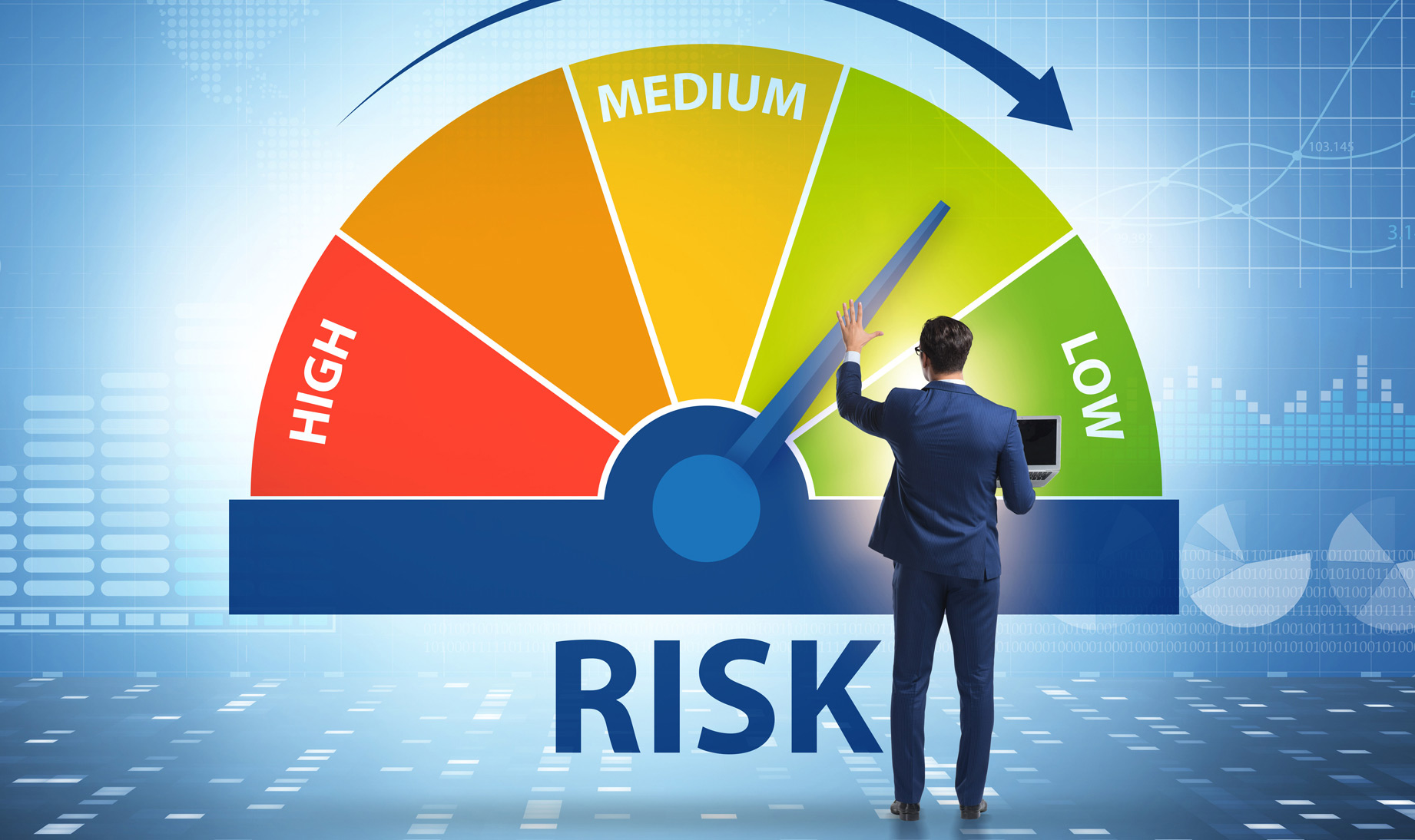Stand tall against cybercrime.
Prospective buyers take virtual tours of listings from the comfort of their homes. When you’re working a deal, you likely use a digital app to collect e-signatures on a mobile device.
Technological advances are reshaping real estate in many positive and convenient ways, but they’re also making it easier for cyberthieves to steal information.
The data breach numbers speak for themselves, so find out what’s at stake and what you can do about it.
As a real estate professional, you have a one in four chance of experiencing a data breach,1 and 211,000 data records are lost or stolen every hour.2
Data breaches happen when:
- Cybercriminals hack servers
- Phishing emails trick employees
- Malware attacks hijack software
- Thieves steal physical files or laptops
- Any piece of client information is compromised
Cyberthieves steal:
- Social security numbers
- Phone numbers
- Mailing addresses
- Credit information
- And much more
In 2017, a data breach at Equifax affected nearly 150 million people.3 If identification fraud or other credit reporting problems prevented just 1% of the affected consumers from buying houses, it could lead to a million fewer homes being sold in a year.4
If you think cybercriminals only set their sights on large companies, think again. 43% of all cyberattacks target small businesses.5 On average, cyberattacks cost small-to-midsize businesses between $84,000 and $148,000.6
But the escalation of cybercrime affects much more than sales and the bottom line. It puts your customers at risk. And unfortunately, this isn’t a problem that will go away or resolve itself any time soon.
There were 1,579 documented data breaches that exposed 179 million records in 2017. Data breaches have increased dramatically in frequency since 2005, a year where there were only 157 data breaches recorded.5
You may read these statistics and think, “Wow, this is scary.” But the information is meant to empower you, not cause panic.
According to the FBI and the National Association of REALTORS (NAR), there are several measures you can take to combat cybercrime at your firm, including:8
- Using 10-character passwords and two-factor authentication for email accounts
- Backing up electronic devices to a server or a digital storage device
- Installing regular updates on electronic devices to guard against vulnerabilities found in software and operating systems
- Teaching employees to never act upon or respond to suspicious emails
- Hiring an IT expert to conduct security audits on your systems
- Purchasing cyber liability insurance that covers costs associated with restoring data and computer systems, as well as helps clients manage the financial burden of a data breach
Though data breaches pose a serious threat, you have the power to build your firm’s digital defense. Make sure your data breach prevention strategy adapts as technology evolves, and you’ll have a much better chance of standing tall against cybercrime.
This article is for informational purposes only.
CITATIONS
1Ponemon, Larry. “Know the Odds: The Cost of a Data Breach in 2017.” Security Intelligence, securityintelligence.com, Web. 20 June 2017.
2“Data Breach Statistics by Year, Industry, More.” Breach Level Index, Gemalto, breachlevelindex.com, Web. 15 March 2018.
3“Checked Your Credit Since the Equifax Hack?” Krebs on Security, krebsonsecurity.com, Web. 11 March 2018.
4Krell, Dan. “Massive data heist poses threat to housing market.” Real Estate News and Commentary, dankrell.com, Web. 17 September 2017.
5Mansfield, Matt. “Cyber Security Statistics—Numbers Small Businesses Need to Know.” Small Business Trends, smallbiztrends.com, Web. 3 January 2017.
6Strauss, Steve. “Cyber threat is huge for small businesses.” USA Today, usatoday.com, Web. 20 October 2017.
7“Annual number of data breaches and exposed records in the United States from 2005 to 2017.” Statista, statista.com, Web. 23 March 2018.
8McPherson, Marian. “FBI and NAR offer 10 ways to guard against real estate cyber scams.” Inman, inman.com, Web. 30 January 2018.







